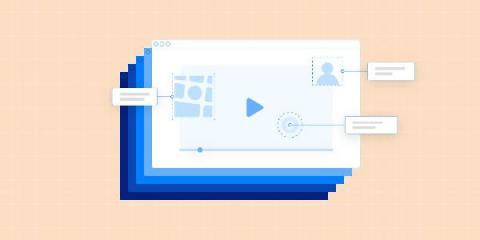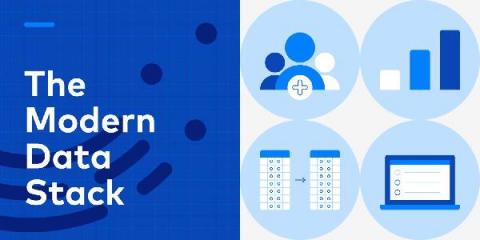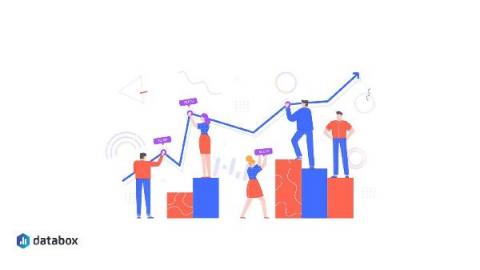Systems | Development | Analytics | API | Testing
Analytics
Video Analytics at Scale: Challenges and Best Practices
Data integration enables machine learning. Learn how you can use video analytics to automatically detect patterns in video.
How to Modernize Your Analytics Department
Three leading data practitioners share advice on building a modern analytics practice — including how to avoid costly missteps.
9 Ways to Use Data for SEO Forecasting
BigQuery row-level security enables more granular access to data
Data security is an ongoing concern for anyone managing a data warehouse. Organizations need to control access to data, down to the granular level, for secure access to data both internally and externally. With the complexity of data platforms increasing day by day, it's become even more critical to identify and monitor access to sensitive data.
GDPR: All You Need To Know And Do
What Is a Data Lakehouse?
The data lakehouse is a promising new technology that combines aspects of data warehouses and data lakes.
Google's Page Experience Update: How to Better Prepare Your Agency and Clients According to Pepperland Marketing
Parameta Solutions elevates its analysts with ThoughtSpot
At Parameta Solutions, clients have come to expect our data, and our data products, to be robust and reliable. The way we really stand out in this specialist arena is through the quality and sophistication of our client services. I was delighted recently to share my experiences of how ThoughtSpot is supporting us in both of these aims during a webinar hosted by Cindi Howson during the Chief Data & Analytics Officers UK, 2021 event last February.











